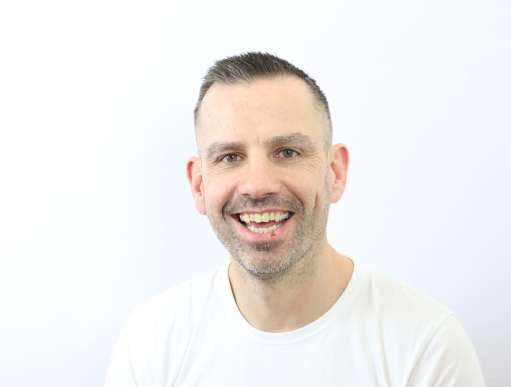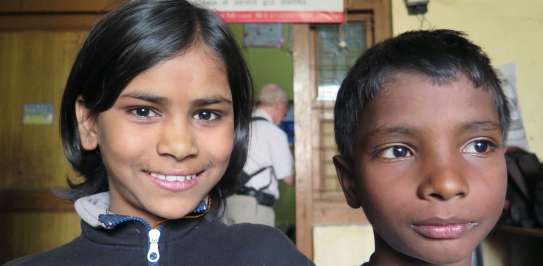Charisma was ten when I met her in February 2017. With a wide smile and an easy manner with her classmates, teachers and a delegation of 10 strangers from Christian Aid, her persona matched her name.
In a busy school of 180 pupils, 3 teachers, 2 classrooms and 3 sessions of lessons per day, she shone as brightly as any of her peers.
She told us that she wanted to be a doctor one day and her teacher told us that she had the brains to achieve her dream.
Later that day we met Charisma’s mum, a lady called Kiran Debi. We asked her what she dreamt for six daughters and one son.
“By God’s will, to get out of this place” was the clear reply.
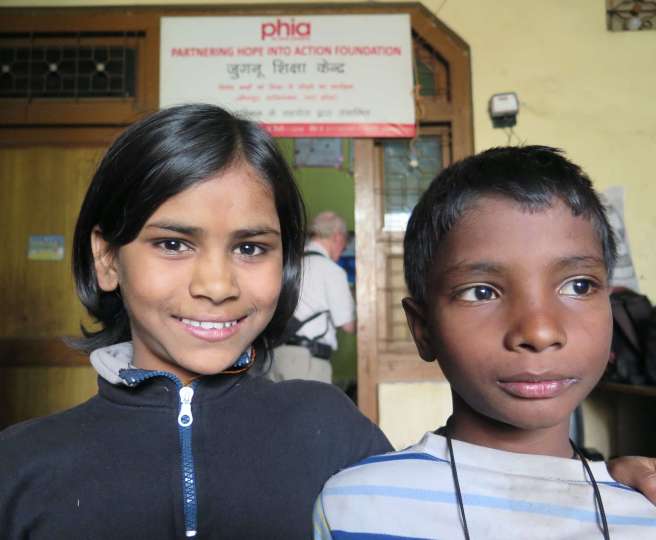
The place that Kiran Debi was referring to is Bhowpur, a slum on the outskirts of Delhi and home to 5,000 people. Many of those who inhabit it have moved from the countryside to the city in search of work. As the ramshackle homes they built in increasing numbers have sprawled, so the slum where they live and the dump where they work have become one and the same.
These dear people have ended up on the trash heap, quite literally.
People who work in the dump are called ‘Rag-pickers’, which is exactly what it sounds like. It involves scouring rubbish dumps for small trinkets of value (for example plastic for storing liquids or cardboard for recycling) and selling them for a pittance at the end of each day.
Image credits and information
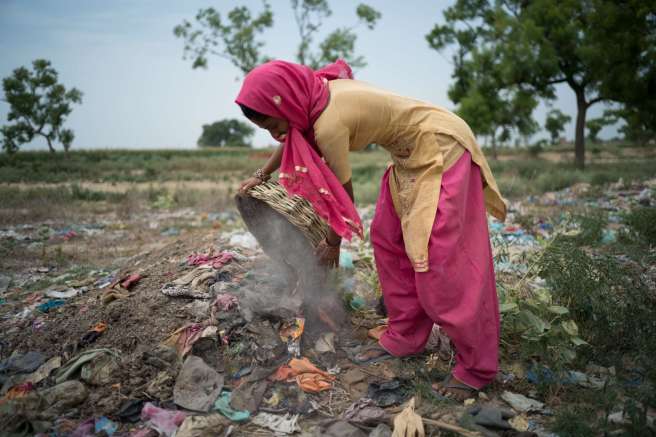
There are over 10 million children in child labour in India, and more than 40 million out of school, a number which, it is feared, will have increased during the coronavirus pandemic. There are 300,000 ‘rag pickers’ in Delhi alone and most of them start aged 4 or 5.
For Charisma, her friend Sahib and the children we met at the Bridge School in Bhowpur, education is the best chance they’ve got “to get out of this place”. Through Christian Aid’s partner Phia the children are provided with basic education, clean water and fresh nutritional food.
From Belfast to Bhowpur
Bhowpur was our first stop on a supporters’ trip to Christian Aid’s Indian partners in 2017. 36 hours earlier I had been sitting in my study at home, getting cleared up at work, passing projects onto colleagues and saying goodbye to my family.
I virtually went door-to-door Belfast to Bhowpur; Belfast – Dublin airport – Heathrow – Delhi airport – Delhi YMCA check-in and brief snooze – minibus to Bhowpur.
The shortness of the time period separating these two contrasting worlds only served to highlight the juxtaposition more brightly. And what struck me most wasn’t the lack of money which these people had, it was the struggle they faced to bring about real change in their own lives. Not only were they on the bottom of the pile, they had no tools to start to climb.
It was impossible not to contrast the plight of the children in the Delhi slum with my own children, just a few years older than those we met. In our house we happily invest in textbooks, sport equipment, music lessons and a host of other things which might help our children express themselves, thrive and fulfil their potential. The sheer injustice of how loaded the dice were against Charisma and her friends was impossible to ignore.
The late great Clive James came to mind:
“The essence of a class system is not that the privileged are conscious of their privileges, but that the deprived are conscious of their deprivations.”
It challenged me to consider, perhaps for the first time, how accustomed I had become to my own privilege and how comfortably it sat with me. My meeting with the children in the Bridge school brought to mind how easily I could travel where I wanted, book a seat at a restaurant I liked or buy the car that caught my eye.
Isaiah has plenty to say about privilege too; “Learn to do right; seek justice. Defend the oppressed. Take up the cause of the fatherless; plead the case of the widow.”
At the Bridge School, education brings opportunity, qualifications bring choice and lasting empowerment brings a brighter future for children like Charisma who dream of making a difference.
Image credits and information
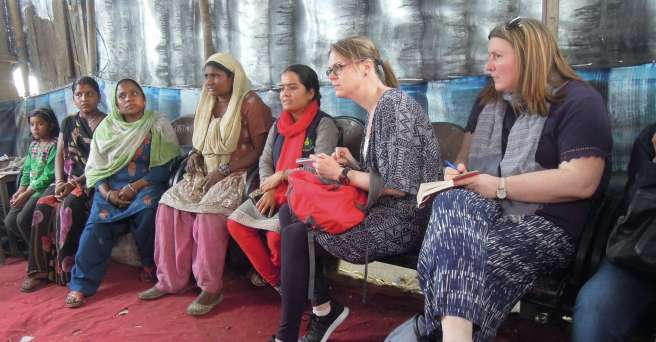
Christian Aid at 75
Christian Aid asked me to share what makes me proudest of the charity and my involvement within it – I have been on the Christian Aid Ireland Board since 2015. It is a question that I have struggled to answer, not because I am not proud of the work of Christian Aid Ireland, but rather because pride is not my overriding emotion when I consider its work.
My thoughts are dominated rather by a pressing sense of urgency regarding the sheer scale of work to be done and the priorities that come with that. This work requires much more than meddlesome do-gooding. It necessitates a crystal-clear strategy, an analytical understanding of the issues and the humility to listen to partners working on the ground. It demands action that explores not just how we can help Charisma and others like her around the world, but recognises and fights against the structures which put her there in the first place.
Proverbs 31 compels us to “Speak up for the people who have no voice, for the rights of all the down-and-outers. Speak out for justice! Stand up for the poor and destitute!”
I am proud that Christian Aid has brought that strategic urgency for 75 years.
Christian Aid was formed to helped WWII refuges in mainland Europe in the 1940s.
In the 1950s this work was extended to Palestine, Korea and China.
As the swinging 60s came in to view the work expanded again, to Nigeria, Kenya and India.
Christian Aid led the aid sector in helping donors understand the connection between Western consumer habits and the causes of poverty throughout the 1970s.
The Ethiopian famine was the major humanitarian cause of the 1980s and Christian Aid and its partners were at the centre of that relief work.
Advocacy work came to the fore in the 1990s as Christian Aid stood up for people living with the stigma of HIV, and for refugees in Kosovo.
The turn of the millennium saw Christian Aid lead the Make Poverty History campaign.
In 2010s and 2020s the work has focused on the issues of the global village including climate change and tax justice.
Amos makes it very clear how we are to express our Christian faith. It’s focused on a little less conversation a little more action. A little less religiosity and a whole lot more righteousness.
“I hate, I despise your religious festivals; your assemblies are a stench to me.
Even though you bring me burnt offerings and grain offerings, I will not accept them.
Though you bring choice fellowship offerings, I will have no regard for them.
Away with the noise of your songs!"
For 75 years Christian Aid has been expressing its faith in the public square, not with assemblies and offerings and songs, but with the pursuit of righteousness and justice.
About Gareth
Gareth Dunlop has been a member of the Christian Aid Board since 2015. Professionally, he owns and runs a digital communication agency called Fathom. He is husband to Lorna and Dad to Zoe and Patrick. When he’s not working he can be found watching rugby or trying to keep his miles up on his bike.
